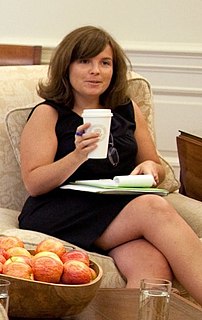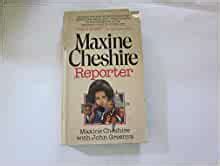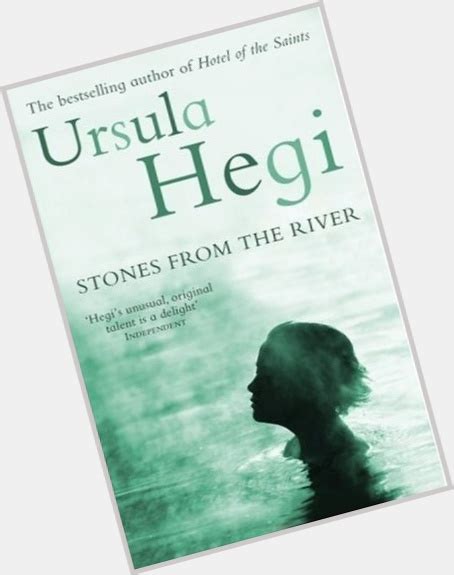A Quote by Sandra Cisneros
I don't think I'll write a large novel again because it was like being in jail for me. Even though that's the funniest book I've ever written, it was the saddest period of my life.
Related Quotes
If you don't like my book, write your own. If you don't think you can write a novel, that ought to tell you something. If you think you can, do. No excuses. If you still don't like my novel, find a book you do like. Life is too short to be miserable. If you do like my novels, I commend your good taste.
I had written a book. For various reasons, the publishing industry had decided that my book was going to be 'important.' The novel had taken me 12-and-a-half years to write, and after being with the book for so long, I had no real perspective on the merits or demerits of what I had written. I hoped it was good, but feared that it wasn't.
My uncommon sense told me to write this book [Turn and blossom], even though I was in the middle of making final revisions to my dissertation! Common sense would have said, finish the dissertation and get a good, solid academic position. But instead, I got to do something that no one else has done, because I don't think anyone has written a book quite like this one. And look at how beautiful it is!
I think that if you look at all of the books that have ever been written about people working in the White House, they're sort of the opposite of my book. And I think that so many people want to write a book that sort of memorializes their place in history. And I wanted to write something for all of the women who are like me. I grew up in upstate New York, I graduated high school with 70 other people and didn't ever know that anything like this would have really been an option for me. So I wanted other young women — and men — to know that just being you is plenty.
It's very bad to write a novel by act of will. I can do a book of nonfiction work that way - just sign the contract and do the book because, provided the topic has some meaning for me, I know I can do it. But a novel is different. A novel is more like falling in love. You don't say, 'I'm going to fall in love next Tuesday, I'm going to begin my novel.' The novel has to come to you. It has to feel just like love.
One of the reasons I went back to music even though I was extremely ill was because I started to forget who I was aside from being sick. And when I'm performing, or even lecturing, it's like I'm myself again, and that was a really amazing discovery - that, all of a sudden, I have a get-out-of-jail-free card.
For me, the goal is always to write a novel that I myself would like to read. People frequently ask me what my favorite book is, and in effect, there's always a capital-F Favorite, capital-B Book that I would like to write myself someday. I try to go for that ideal of writing the best, most entertaining, most beautifully written book that I possibly can.
I told myself that if I hoped to write a book that helped people to take a good look at some of the names that have been written on their nametags, I would need to do the same. I had to write Hello, My Name Is from a place of authenticity, even vulnerability, being willing to let God show me areas of my life that have been incorrectly shaped by false identities I've allowed to hang around for too long. I truly felt like, 'if this book is helping me, then it's going to help someone else.'
Objectifying your own novel while writing it never really helps. Instead, I guess while you're writing you need to think: This is the novel I want to write. And when you're done you need to think: This is what the novel I wanted to write feels like and reads like and looks like. Other people might call it sweeping or small, but it's the book you chose.
So many times, I will have people tell me what I did when I was younger. There's so much being written [about] the early Beatles period, and even pre-Beatles period. And people will say, "Oh, he did that because that, and that happened because of that." And I'll be reading and think, "Well, that didn't happen" and, "That's not why I did that." Like anyone's history, you remember what went down better than people who weren't there.
The funniest novel you've never read. . . . Afternoon Men is a revelation to sophisticated readers of every stripe, but especially to a certain kind of artist manqu on the brink of discovering that life is a more difficult business than he ever had reason to expect. . . . The subject matter is 'relatable,' as my students like to say. Better still, though, is what you can learn about the craft of writing from this marvelous book. . . . Indeed, if you're looking for a funny, nonportentous Hemingway, then the early Powell is your man.


































